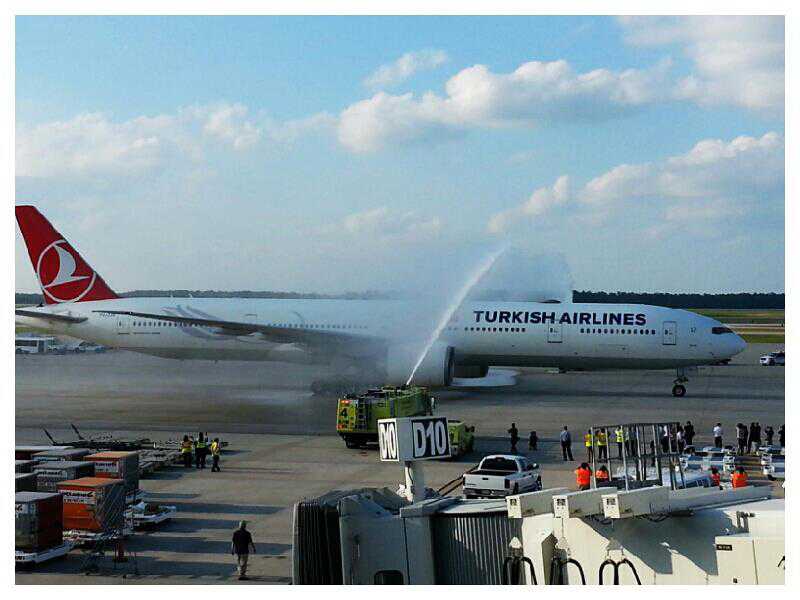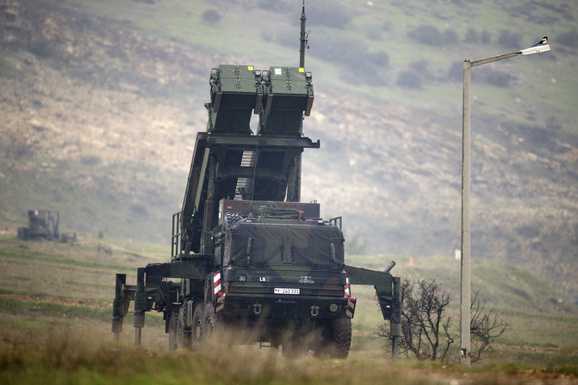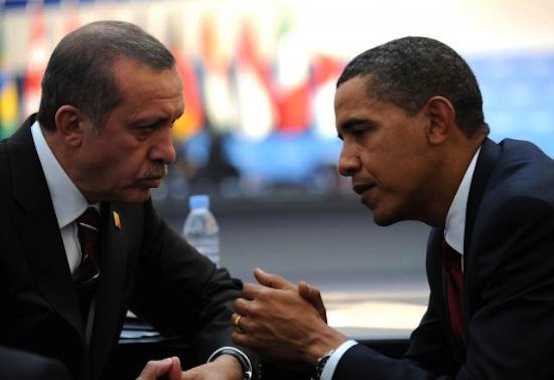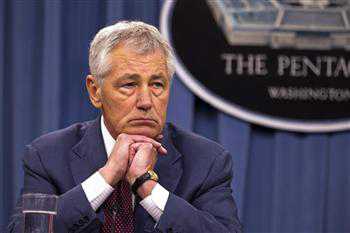Kuzey Kore gerilimi öncesinde Türkiye’deki nükleer silahlar ve F16’ların durumu
Lessons in Extended Deterrence: Why the Status of Turkish F-16s Doesn’t Matter
Posted on April 3, 2013 by aaronstein1
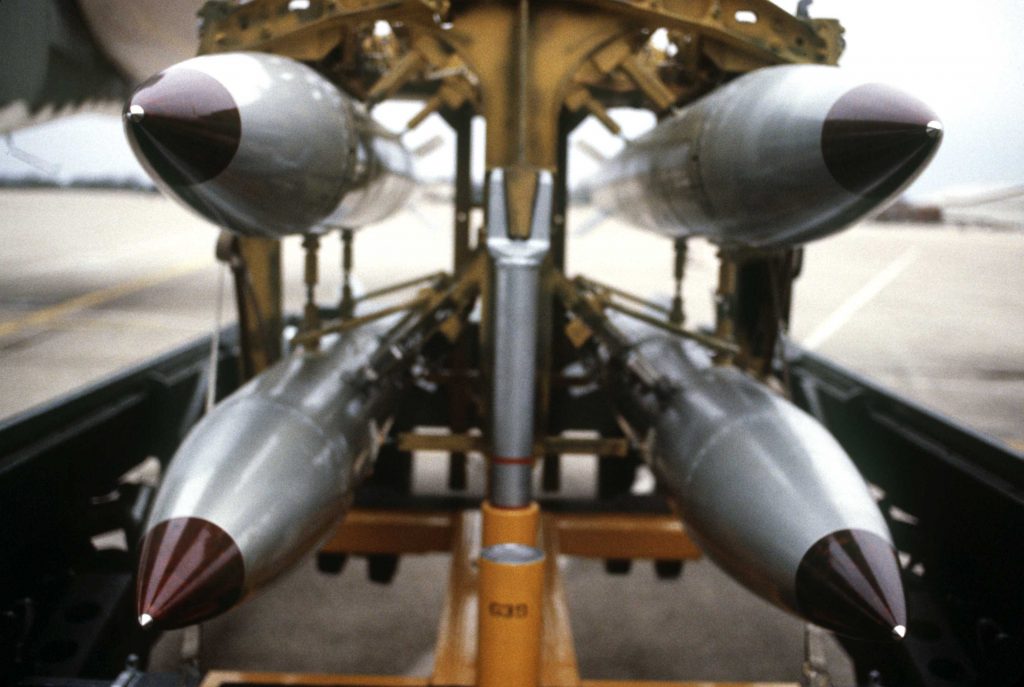
In response to North Korea’s bellicose threats, the United States has been parading a bevy of nuclear dual capable aircraft near the Korean peninsula. Both the B-52 and the B-2 have a nuclear role and would, in the event of a nuclear conflict, likely use air launched nuclear cruise missiles against targets in North Korea. The F-22, which is on “static display” in South Korea, would, according to the aviationist, “probably escort the big bombers during the opening stages of an eventual campaign (after the rain of cruise missiles that would wipe out most of North Korea’s air defenses…), their role could not be limited to providing air superiority (to be easily and quickly achieved considered the status of the geriatric North Korean Air Force and its obsolete Migs): as demonstrated in last year’s Exercise Chimichanga,the F-22 has the ability to play a dual role in the same mission: HVAAE (High Value Air Asset Escort) and air-to-surface.”
While the actual threat of conflict on the Korean peninsula is low, the American show of force sheds lights on the lengths Washington will go to demonstrate its commitment to use nuclear weapons in defense of an ally covered by its nuclear umbrella. Washington’s actions, as has been noted by many others, is a show force meant to demonstrate its commitment to extended deterrence. In other words, Washington is signaling its readiness to push the button. (It is also trying to deter an ROK nuclear weapons program, but I am not really going to talk about that – I will leave that for better informed Korean experts.)
Anyways, the signaling is important for the Turkish leadership in Ankara. Turkey, as regular readers of the blog are well aware, is home to ~65 American nuclear weapons. [From an EDAM issue brief I wrote about Turkey and Tactical Nuclear Weapons] According to Robert Norris and Hans Kristensen, 50 bombs are slated for delivery by U.S. aircraft, but do to basing restrictions American dual capable aircraft (DCA) are not stationed permanently in Turkey. If the order were given for the release of NATO nuclear weapons, American aircraft would first have to be flown to Incirlik from another European base and armed before finally flying on to their targets. The other bombs are reserved for delivery by Turkish dual capable F-16s. However, there are conflicting reports about the status of Turkey’s nuclear fighter-bombers. According to General Ergin Celasin (ret.), the former Commander of the Turkish Air Force, “The Turkish air force’s role in NATO’s nuclear contingency plans came to an end with the withdrawal of nuclear weapons in the 1990s from the Air Force units that were deployed in several air bases in Turkey.”
However, Norris and Kristensen cite Pentagon sources who say that Turkey’s current fleet of nuclear capable F-16s are receiving a “stop gap” modification to carry the B-61-12. Reports indicate that Turkey’s nuclear capable combat aircraft no longer train for nuclear missions. In the past, the air force’s dual capable aircraft trained for nuclear missions and were certified to carry out nuclear strikes. Turkish aircraft reportedly now only train as non-nuclear escort aircraft for NATO’s nuclear fighter wings. However, NATO has made clear that it does not foresee any scenario that would require the rapid use of nuclear weapons, which raises a number of unanswered questions about Turkey’s current nuclear posture. In any future scenario that might call for the use of nuclear weapons, the return of American DCAs and the re-certification of Turkish DCAs would likely be an important signal to a potential adversary.* [snip]
In any case, the Alliance, should the need arise, has ample time to move American aircraft into Turkey. The move, perhaps combined with a very public crash course for Turkish pilots to drop the Bomb, would be a very powerful signal to a potential adversary. Or, in other words, extended deterrence.
Hence, I do not see a real difference in Turkey’s post-Cold War thinking about nuclear weapons, even though the threat of a nuclear attack has diminished tremendously since the collapse of the Soviet Union. In short, Turkey continues to value nuclear weapons because of the widespread belief that they are necessary to deter regional foes like Iran and Syria. (It is also worth nothing, that both of these countries are not covered by a US negative security assurance.)
Moreover, I suspect that there is a small group in the Turkish Armed Forces that are looking at the American show of force in Korea with satisfaction. Ankara, for a number of very good reasons, is perpetually wary of the American security commitment. Turkey, therefore, sees the forward deployment of nuclear weapons as an important symbol of Alliance solidarity and as a symbol of the US commitment to come to Turkish defense. This belief, however, is predicated on the notion that the bombs will actually be used (debatable actually), should the need arise.
The American show of force, therefore, should not solely be interpreted in Turkey as the US commitment to ROK security. In fact, the American moves are also aimed at the leadership in Ankara. And I can guarantee that they are paying attention.
via Lessons in Extended Deterrence: Why the Status of Turkish F-16s Doesn’t Matter | Turkey Wonk: Nuclear and Political Musings in Turkey and Beyond.


